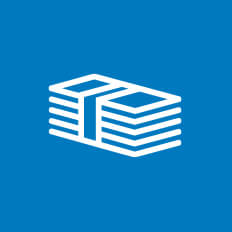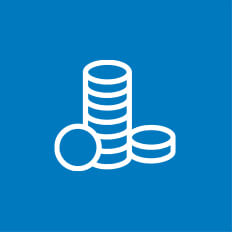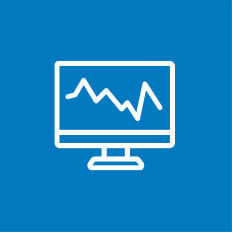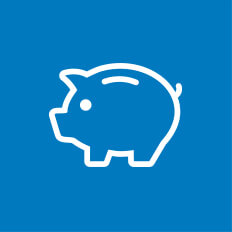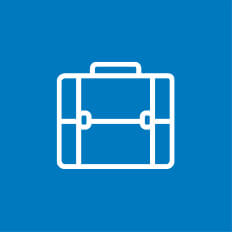If you make a lot of transactions, then reviewing transaction fees is important.
There are banks which even charge fees of up to 50 centimes for incoming transfers (including local transactions in Switzerland). Other banks do not charge any fees when money is transferred into your account.
There are also major differences in the fees charged for local transfers from your account within Switzerland in Swiss francs. Depending on the bank, outgoing transfers may be free or they may cost up to 50 centimes per transfer.
SEPA transfers in euros via online banking are also not always free of charge. Some banks charge up to 6 francs per SEPA transfer.
Non-SEPA international transfers are even more expensive. Costs vary depending on which country you transfer money to and which banks are involved.

